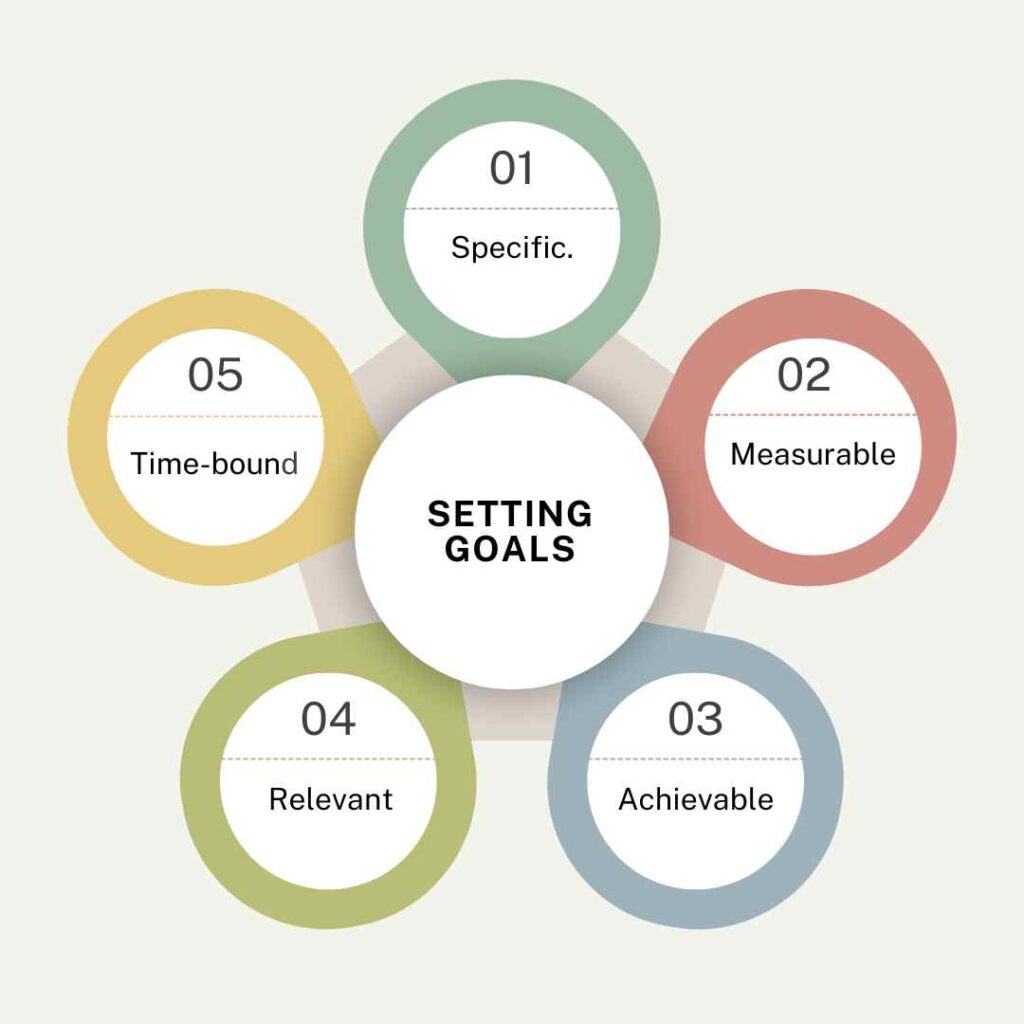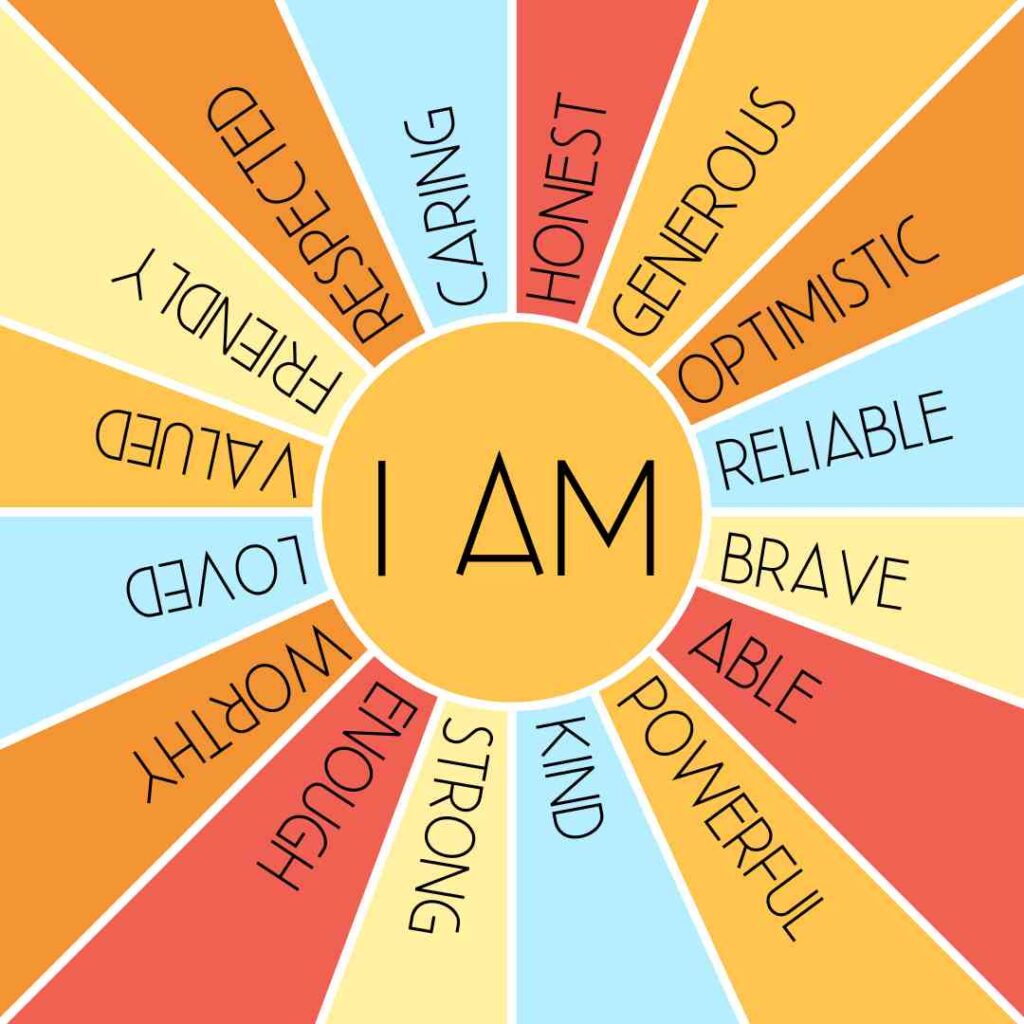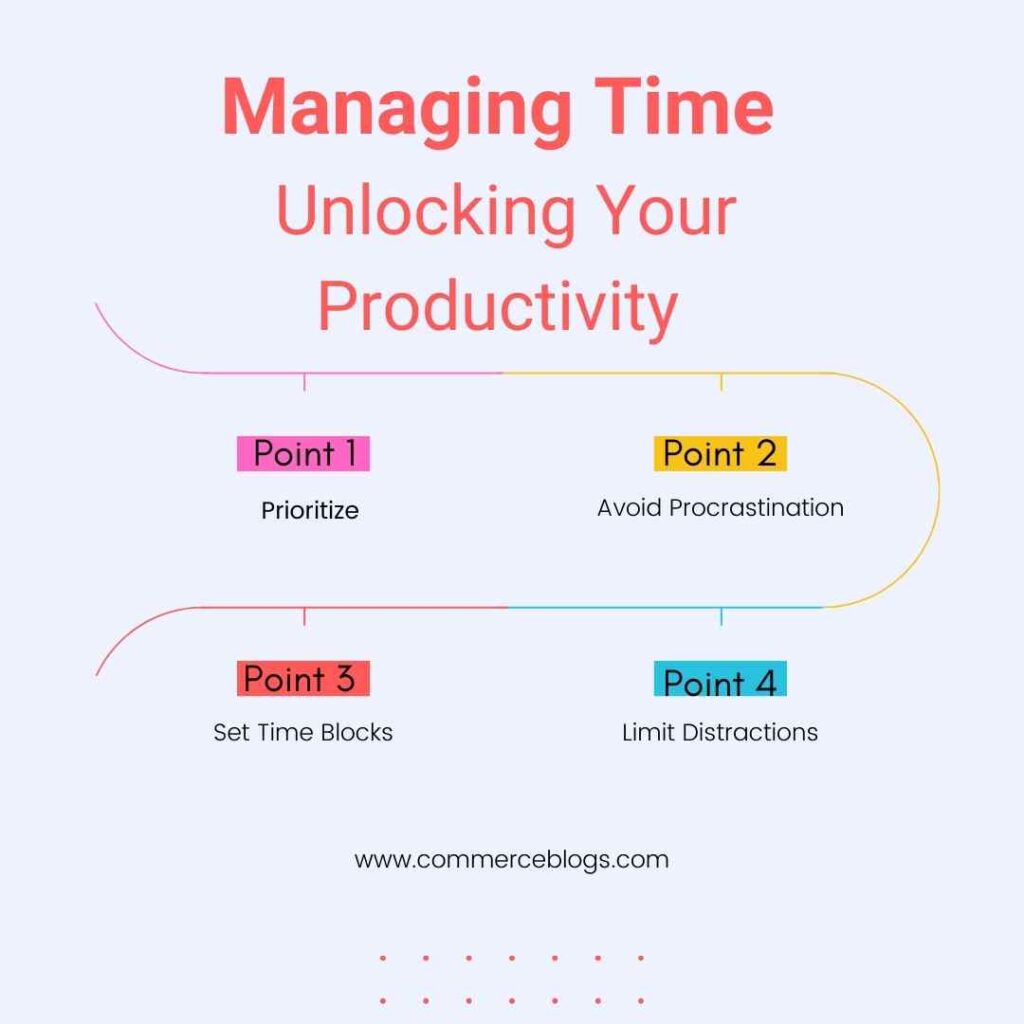Introduction to A Guide to Self-Improvement and Motivation
In this article we will go through the topic A Guide to Self-Improvement and Motivation. Life as a student or young adult is a dynamic mix of challenges, opportunities, and self-discovery. At this stage, the future is full of endless possibilities, but it can sometimes feel overwhelming. You might feel lost, unsure of your path, or in need of guidance to help you become the best version of yourself. This guide is designed to offer support as you navigate your journey toward self-improvement, providing inspiration and practical steps to fuel your growth.
The Path to Self-Improvement
Self-improvement is not about being perfect; it’s about continuously evolving, learning, and growing. Think of your life as a masterpiece in progress, and each day is an opportunity to add a new stroke of brilliance. Every one of us has untapped potential, waiting to be unlocked. It takes time, effort, and the right mindset to discover what we are truly capable of.
For students, self-improvement goes beyond just excelling in exams or achieving better grades. It’s about becoming better in every area of your life—mentally, emotionally, and physically. It’s about balancing your responsibilities while nurturing your passions, relationships, and dreams. And most importantly, it’s about building the resilience to face life’s challenges and turning setbacks into opportunities for growth.
Motivation: The Fuel for Your Journey
Motivation is the key that fuels the process of self-improvement. Without it, you might struggle to get started, or you may lose focus along the way. But motivation isn’t something that always comes easily. Some days, it feels like a powerful force driving you forward. On others, it seems distant and hard to grasp. The secret to sustained motivation lies in understanding your “why”—your purpose.

Finding Your “Why”
Understanding why you want to improve is the foundation of motivation. Your “why” is the personal reason driving you to reach your goals. It’s the fire that keeps you moving forward, even when things get tough. For example, maybe you want to improve your grades because you know a strong academic record will open doors to scholarships or internships. Or perhaps you want to become more confident so you can be the person you’ve always dreamed of becoming. No matter what your “why” is, connecting with it will keep you motivated when challenges arise.
Setting Goals: Creating Your Roadmap to Success
The next step in self-improvement is setting clear, achievable goals. Goals serve as the roadmap to your future, giving you direction, purpose, and a sense of accomplishment. However, effective goal-setting requires more than just writing down what you want to achieve. It’s about planning and taking actionable steps toward your vision.

To set powerful goals, use the SMART framework
Specific
Define what you want to achieve clearly. Instead of saying, “I want to be better at math,” say, “I want to raise my math grade by 15% next semester.”
Measurable
Ensure your goal can be tracked. For example, aiming to read five books a month is measurable.
Achievable
Set realistic goals. They should be challenging but attainable with effort and determination.
Relevant
Make sure your goals align with your values and long-term vision. Ensure they matter to you.
Time-bound
Set deadlines to hold yourself accountable. A timeline pushes you to take action and avoid procrastination.
Once you’ve set your goals, break them into smaller, manageable tasks. Tackling one step at a time prevents feeling overwhelmed and helps you stay on track.
A Guide to Self-Improvement and Motivation

Overcoming Challenges: The Power of Resilience
The path to self-improvement is not without its challenges. From failures and setbacks to self-doubt and difficult circumstances, obstacles are inevitable. But the key to success is how you respond to these challenges.
Resilience is the ability to bounce back from setbacks, adapt to changes, and keep moving forward. When faced with obstacles, instead of seeing them as roadblocks, view them as opportunities to learn and grow. Resilient individuals know that failure isn’t the end, but the beginning of a new chapter.
For instance, if you fail an exam, don’t let it demotivate you. Look at it as an opportunity to reflect on your study methods. Maybe you need to manage your time better or find more effective ways to learn. Use every failure as a lesson to build your resilience and grow stronger.
Building Positive Habits: The Key to Long-Term Success

Self-improvement isn’t a one-time effort; it’s a lifestyle built on positive habits. Small, consistent actions add up over time and lead to significant results. Just as a small stream can carve out a massive canyon, your daily habits shape your future success.
Here are some habits to consider incorporating into your routine
Morning Routine
Start your day with intention. Activities like meditation, journaling, or exercise can set a positive tone for the day.
Reading
Set aside time each day to read books that contribute to your personal growth. Knowledge is a powerful tool for self-improvement.
Exercise
Physical activity is not just good for the body; it enhances your mood, focus, and mental clarity.
Gratitude Practice
Make it a habit to reflect on the things you’re grateful for. Gratitude shifts your mindset from scarcity to abundance, fueling your motivation.
Goal Review
Regularly assess your progress. Are you on track? Do you need to adjust your approach? Checking in on your goals keeps you focused.
Managing Time: Unlocking Your Productivity

Effective time management is crucial for balancing your responsibilities and making time for self-care. As a student, you juggle various tasks, and time management can help you stay organized and productive.
Here are a few strategies to maximize your productivity
Prioritize
Identify your most important tasks and focus on them first. Tools like to-do lists or productivity apps can help you stay organized.
Avoid Procrastination
Break tasks into smaller chunks and focus on completing one step at a time.
Set Time Blocks
Dedicate specific time blocks for different activities. For example, an hour of studying followed by a 15-minute break keeps you refreshed.
Limit Distractions
Create a distraction-free environment by turning off notifications and putting away your phone when focusing on important tasks.
Read Also : Promoting Happiness and Mental Health


I do agree with all the ideas you have introduced on your post They are very convincing and will definitely work Still the posts are very short for newbies May just you please prolong them a little from subsequent time Thank you for the post
Thanks for sharing. I read many of your blog posts, cool, your blog is very good.